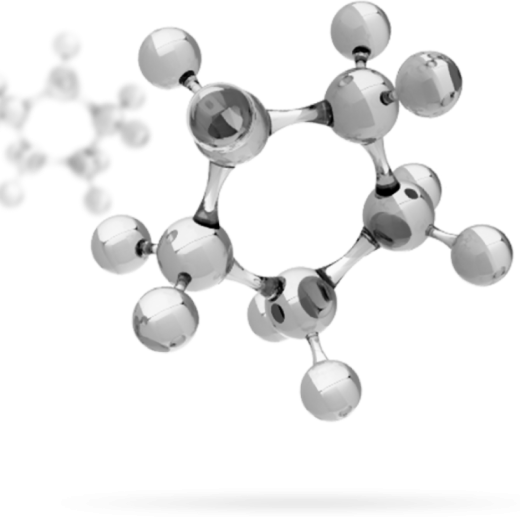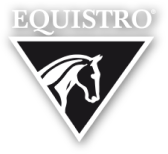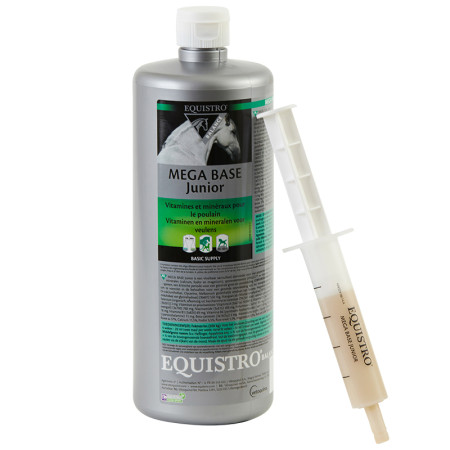
Iodine
Function:
Most of the body’s iodine is found in the thyroid gland. Iodine is necessary for the synthesis of thyroxine (T4) and triiodothyronine (T3), which are thyroid hormones that regulate basal metabolism.
Sources:
Iodine concentrations in most common feedstuffs vary from 0.2 to 2 mg/kg dry matter (DM). This depends on the concentration of iodine in the soil on which the feedstuffs were grown. Kelp and other seaweeds are sometimes fed to horses and can have concentrations as high as 1 850 mg of iodine/kg DM. Typically, iodine supplementation is accomplished by feeding iodized or trace mineral salts that often contain 70 mg of iodine/kg DM (potassium iodate is preferable).
Daily requirements (NRC, 2007):
0.1 to 0.6 mg/kg ration: safe minimum recommendation - maintenance requirement would be: 0.007 mg/kg body weight/ day or 0.35 mg/kg dry matter - broodmare in final trimester (3 to 4 months) of pregnancy : 0.4 mg/kg dry matter.
Max: 5 mg/kg of dietary intake
Deficiency and excess:
Hypothyroidism = thyroid gland hypertrophy (under active thyroid) = goiter.
Foal weakness and mortality, hypothermia, suckling difficulties, extensive flexion of the lowers forelegs, osseous dysplasia of long bones, susceptibility to infectious disease and respiratory infections.
Mare: abnormal oestrus cycles, abortions.
When problems may occur?
Tissue damage occurs with concomitant high iodine intake and selenium deficiency. Ethylenediaminedihydroiodide (EDDI) is used as an equine anti-fungus supplement and can contribute to excess dietary iodine. When broodmares are fed with inappropriate iodine concentrations, reproduction of the mare and health of the foal can be affected, with newborn foal presenting goiter. Feedstuffs such as uncooked soybeans, cabbage, kale and mustard are known to have an anti-thyroid activity (goitrogens). Iodine toxicity can occur when animals are fed with feeds containing unusually high amounts of iodine such as some types of seaweed.

